
About school: We’re well into preparing for NDSM’s 2024 school supplies and uniforms distribution program. One culmination of our planning—two all-hands-on-deck Saturdays when client cars line up like lunch hour at Chick-fil-A. One by one, they creep forward, and our volunteers brave the broiling heat to load one parcel of school supplies for every child into the vehicle, saving each family $34.05 per pupil (and helping them avoid back-to-school crowds!)
The second result of our planning is two solid weeks of uniform pickup. Up to 200 parents each day come to our Clothes Closet to pick out and pick up two complete sets of DISD-appropriate clothing. The clients walk between rows of box-covered tables accompanied by a volunteer, usually a high school student. The volunteer holds up different sizes to help the parents select what sizes they believe will fit their children best. Behind the scenes, months of preparation go into this effort. While I rarely single out one or two volunteers for accomplishing something that involves many people, Sandy Dehn and Carolyn Cosgriff dove deep into the details to make our application and reporting process work flawlessly. A lot of effort went into designing and debugging our program to achieve this result. Thanks to them and all who make this program a resounding success again this year.
As a result, we provided 4,401 students with all DISD-required grade-level school supplies and 3,732 students with two uniform sets: 2 shirts, one pair of pants, and one pair of shorts (saving parents $ 56 per child.
A change of season: Our tax preparation assistance program continues through the extension deadline in mid-October.
But most of our work happens before April 15th – and we did a lot of work again this year!
We retained our “crown,” filing the most returns of any of the nine Dallas Community Tax Centers. We filed 2,638 returns – (24%) of the 10,814 filed by all nine centers. We also obtained the most refunds for clients - $4M (27%) out of $14.5M. In addition, clients saved $ 923,300 in preparation fees because our volunteers put in 1,321 hours serving them. This is almost twice what we saved clients two years ago.
Since we began our partnership with Foundation Communities 15 years ago, we’ve delivered $49,632,044 in refunds and saved clients $7,384,107 in fees. In this case, the more things change, the more they remain the same.
A changed approach to food donations:
We recently launched a new initiative, Gleaning for Groceries, among our Covenant Congregations to meet the increasing demand for food assistance. We hope the gleaning initiative will regularly keep our Food Pantry stocked, allow individuals to feel they are helping those who need it, and strengthen our relationship with our Covenant Congregations.
We can all help make this initiative succeed. Whether you are a member of a Covenant Congregation or just care and love NDSM, you can advocate for Gleaning for Groceries - and it’s as easy as 1-2-3.
1-While grocery shopping, pick up an extra can or two of soup, tuna, or a box of pasta.
2-Bring the groceries to a designated drop-off box at your place of worship or bring them to NDSM.
3-A volunteer will deliver the food to the NDSM Food Pantry, which will help feed families who need food.
It’s simple and inexpensive for an individual, but it creates a bountiful harvest when followed by members of the 40+ congregations supporting NDSM. It will also go a long way toward easing our mounting food budget. Recommended items include soup, canned vegetables, canned fruits, peanut butter, pasta, and rice.
How wonderful if you would consider adding gleaning to your shopping experience and suggesting it to others.


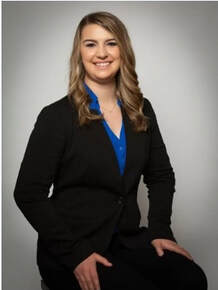

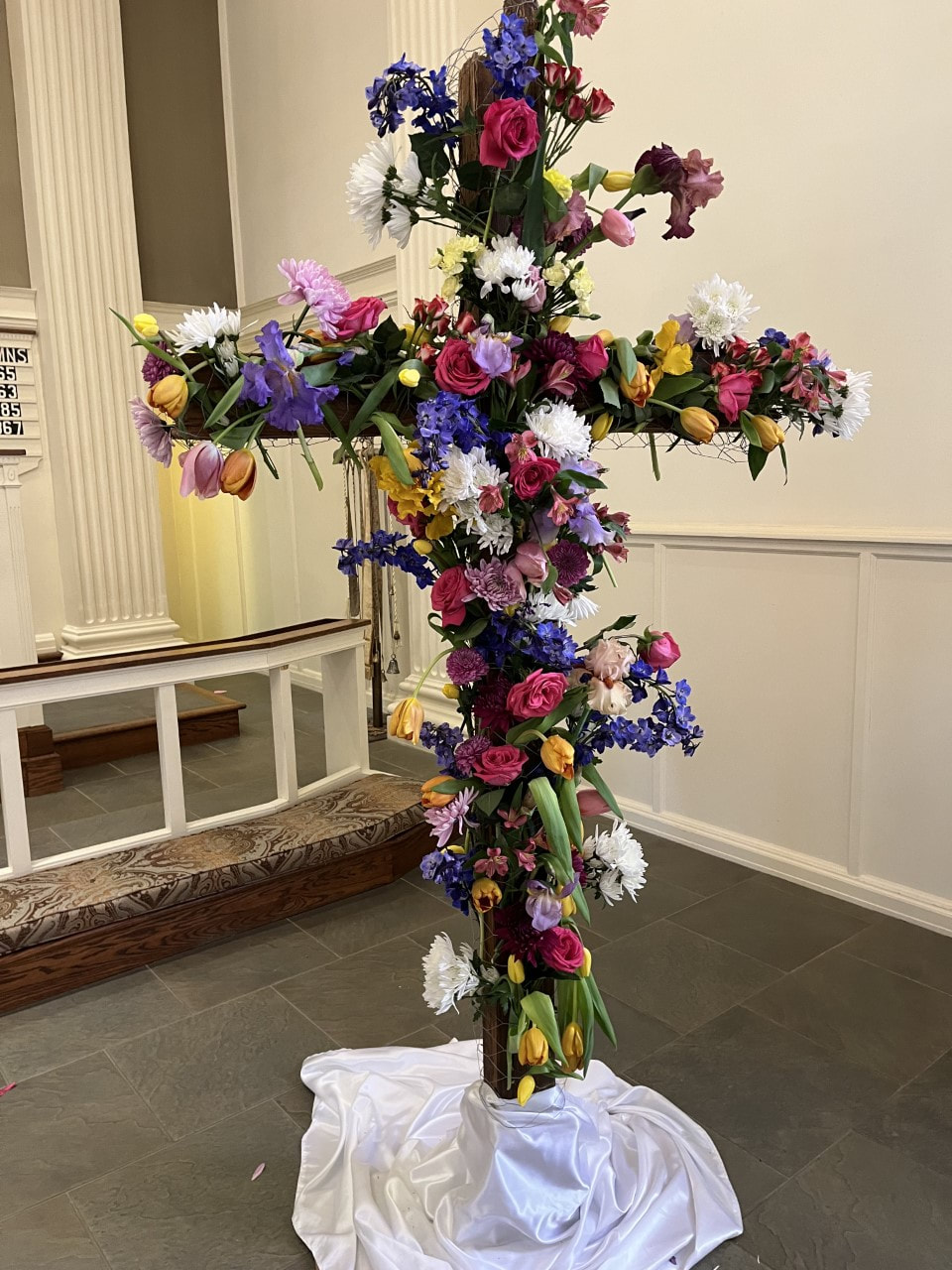
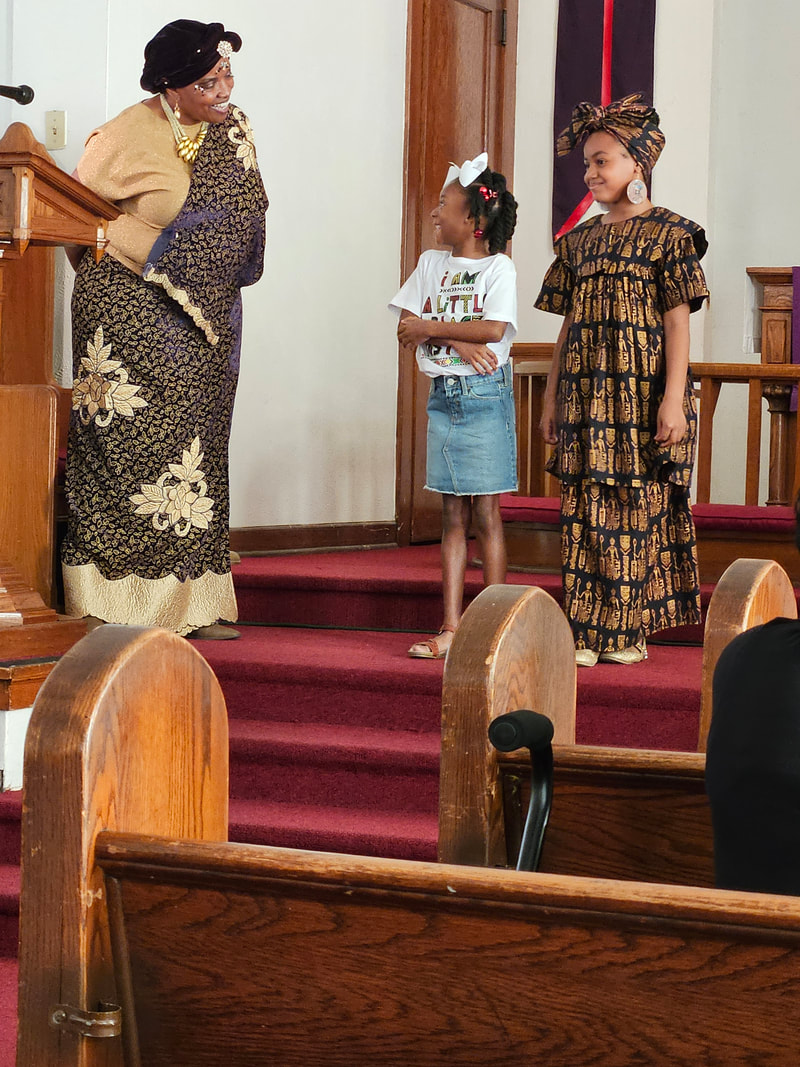
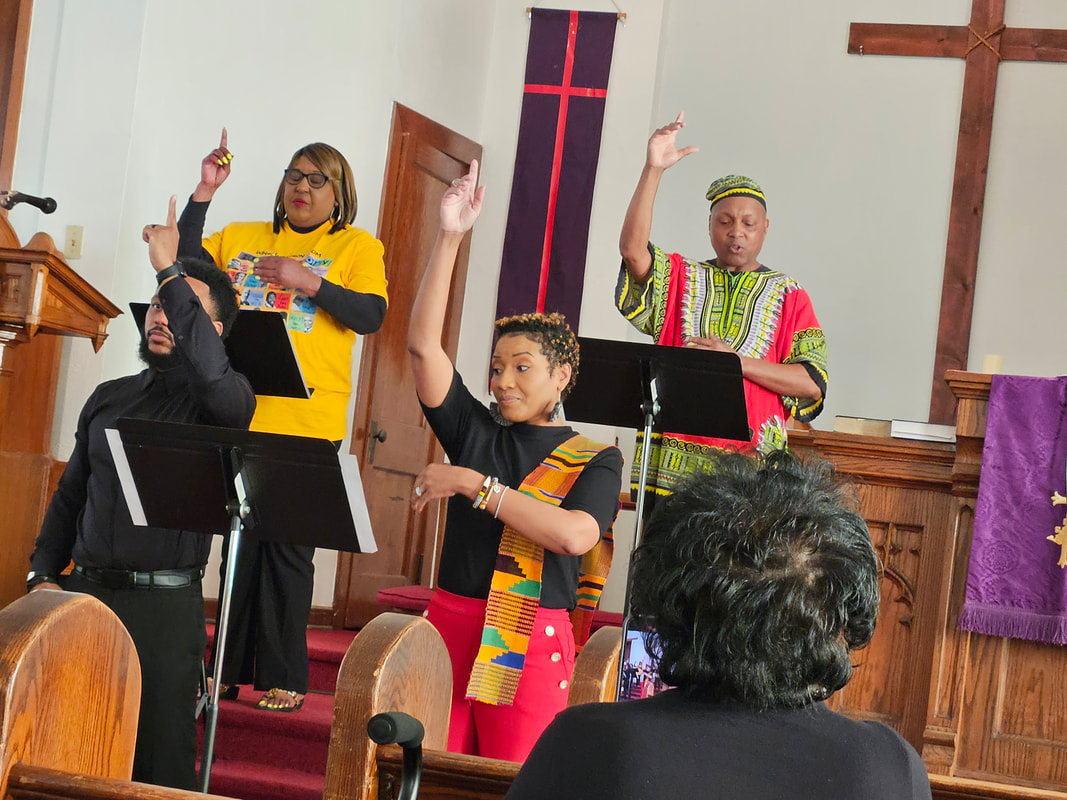
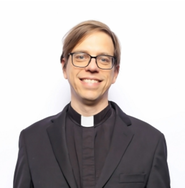


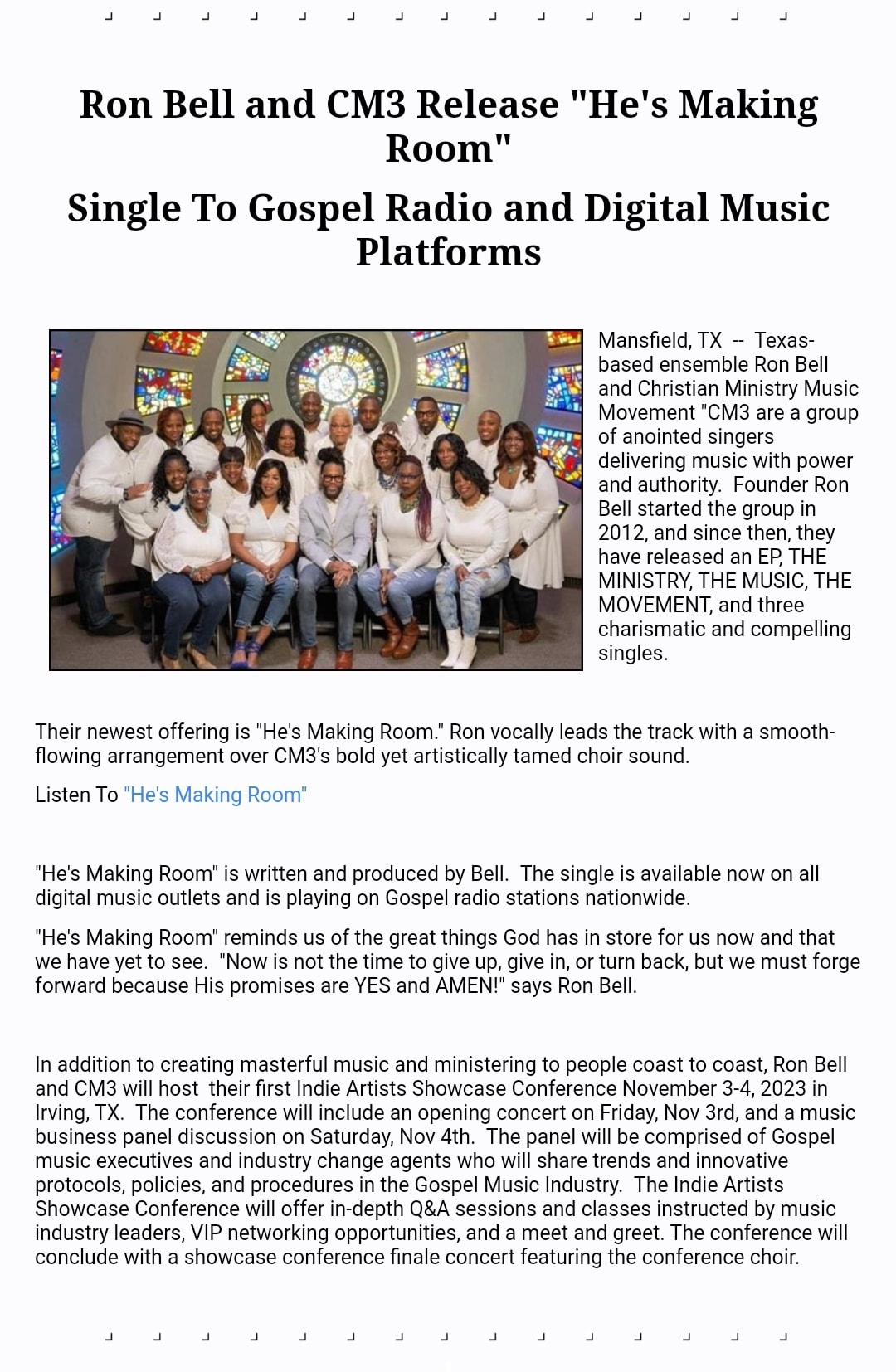
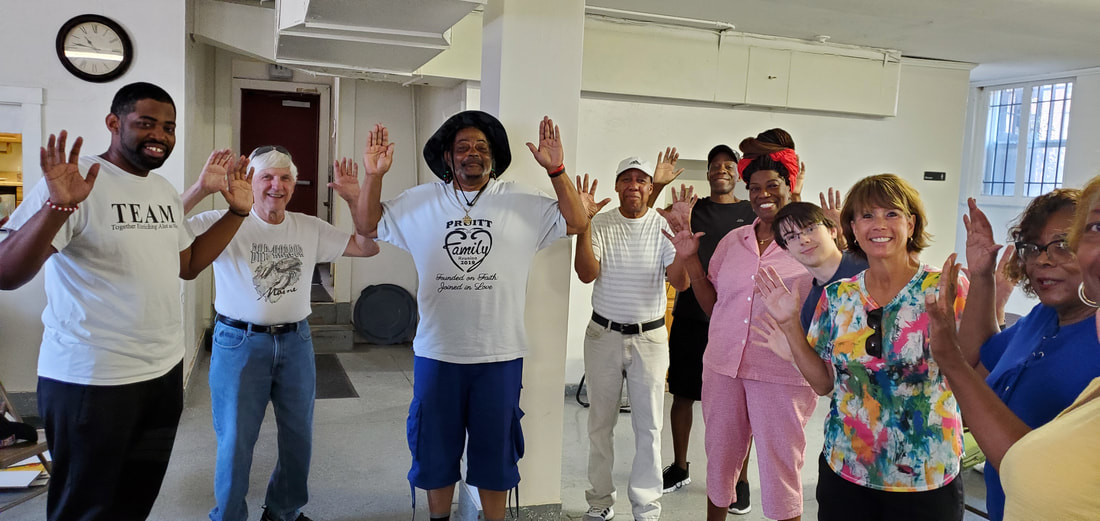
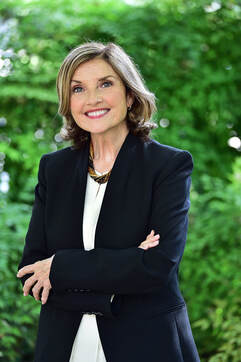
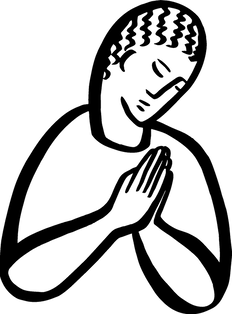
 RSS Feed
RSS Feed